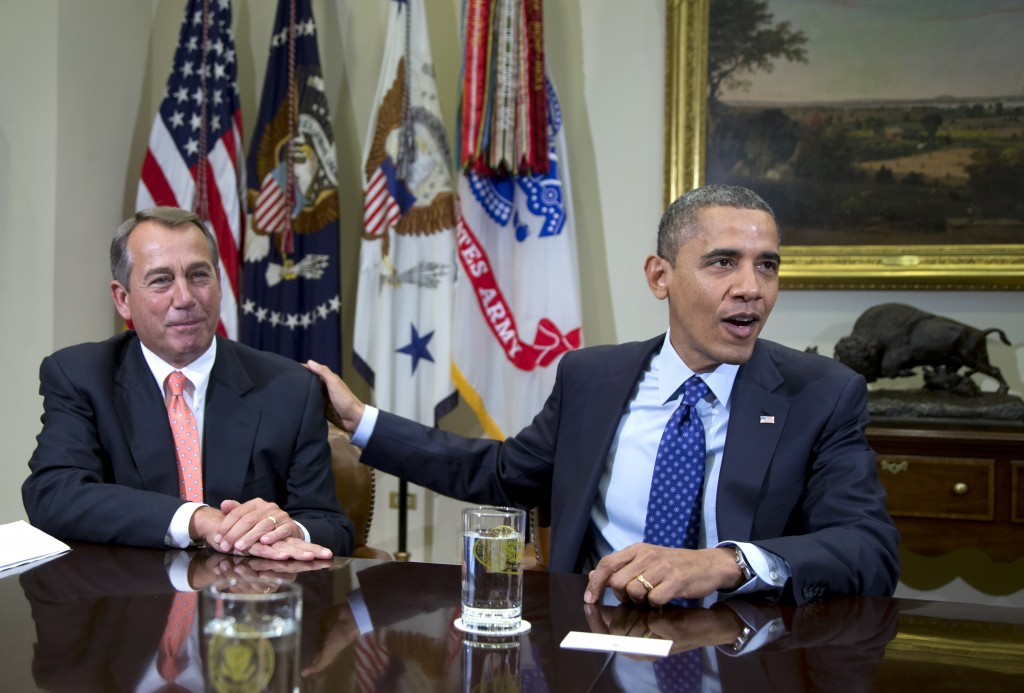By Maddie Mondell
Staff Reporters

As it stands the “fiscal cliff” at the end of 2012 will result in approximately an 8 percent cut in federal student aid. As 2013 quickly approaches, the Bush tax cuts will expire and federal spending will be cut as a result, affecting college students who receive government financial aid. The expected result is to be a large decrease in the national debt by around 70 percent over the next ten years. According to Mark Kantrowitz, student loan expert and publisher of Finaid.com and Fastweb.com.
These cuts are shown in three different categories: Pell Grants, federal student loans, and college tax credits. With these spending cuts and tax raises for 2013 by the U.S. Federal Government, tuition will also rise according to Kantrowitz.
Pell Grants, which have remained unchanged for the past two years, were planned to increase slightly. But due to the upcoming spending cuts, Pell Grants are facing an $8 billion funding shortfall. These cuts include reducing the number of semesters students can get a Pell grant from 18 to 12. The eligibility threshold has been lowered the cap from $32,000 to only with families with $23,000 or less in income, according to SmartMoney.com, a finance website run by the Wall Street Journal.
Federal student loans will also be affected with the disappearance of subsidized interest on the subsidized Stafford Loan. The current 3.4 percent interest rate was extended this year by one year, but that is now scheduled to end in June 2013, according to Tuition.io, a finance blog that references Kantrowitz’s work.
Tax breaks are also a big help for college students. The American Opportunity Tax Credit will expire at the end of the year. Without an extension on this tax credit, students will fall back on the Hope Scholarship Tax Credit. This will mean a decrease of about $7,000 per year for college students receiving this tax credit. The problem being that the Hope Scholarship credit only lasts for two years while the currently available American Opportunity Credit is offered for four years. The American Opportunity Credit modifies the Hope Scholarship to provide availability to a broader group of individuals.
The “fiscal cliff”, a term popularized by chairman of the U.S. Federal Reserve, Ben Bernanke, is the effect of a number of laws in the USFG which if left unchanged would result in tax increases, spending cuts and a corresponding reduction of the budget deficit at the beginning in 2013. These laws include the expiration of the Bush tax cuts and spending cuts under the Budget Control Act of 2011.
The Congressional Budget Office reported an increased risk of recession during 2013 if the deficit is reduced suddenly, while indicating that lower deficits and debt would improve long-term economic growth.
According to Kantrowitz, the Higher Education Act is up for reauthorization. If it isn’t renewed next year, there’s an automatic one-year extension of the current rules, giving students some breathing room before anything is implemented.
“No substantive progress has been made between the White House and the House,” said House Speaker John Boehner to reporters about the what will be done about the fiscal cliff after a private meeting in his Capitol Office with the Treasury Secretary of State Tim Geithner discussing ways to avert the fiscal cliff according to the Huffington Post.
